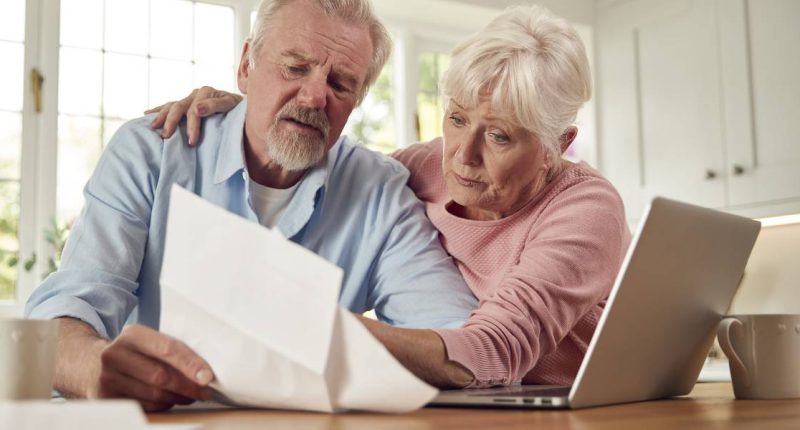Inflation rates have fallen by 4.6 per cent largely thanks to a drop in energy prices, Britain’s consumer price index has revealed.
However, the Joseph Rowntree Foundation (JRF) has reported that many families are still facing a “frightening” level of hardship, with two million households having to unplug their fridge or freezer in a bid to reduce bills.
In addition, the poverty charity has revealed that nearly three million adults got into debt in order to buy food.
- Cost of living: financial strain is steering families to processed foods
- Living with type 2 diabetes for longer increases the chance of experiencing brain changes
- Lack of time and motivation main barriers to healthy living
The foundation’s chief analyst, Peter Matejic said: “The picture isn’t getting better for low-income families even as inflation starts to come down.
“Too many are taking out loans to pay for food, selling their belongings and using warm banks to try and get by.”
A recent statement from the Chancellor of the Exchequer, Jeremey Hunt, has announced that the Government will be increasing benefits and state pension payments.
In December, the delivery dates of benefits and pension payments will be altered due to the three bank holidays – Christmas Day, Boxing Day and New Year’s Day.
People who would normally receive a payment from the Department for Work and Pensions (DWP) on the 23rd, 24th, 25th or 26th of a month can expect to get their money on Friday, December 22, instead.
Meanwhile, those who are expecting their payment between December 29 and January 1 will receive it on Friday, December 29, instead.
These payments include:
- Disability living allowance
- Attendance allowance
- Employment support allowance
- Carer’s allowance
- Income support
- Personal independence payment
- State pension
- Pension credit
- Jobseeker’s allowance
- Universal Credit
Next year, millions of individuals on low incomes will be eligible for extra cost of living support from the Government.
According to the DWP, eight million people are eligible, and they can receive the first £300 payment in the spring.
The Government has already made a £150 payment to six million people with disabilities and eight million pensioners are set to receive an extra £300 in the winter.
The payment windows that have been announced so far include:
- £300 – Pensioner payment – November 2023
- £150 – Disability payment – issued between 20 June and 4 July
- £301 – First cost of living payment – already issued between 25 April and 17 May (or 2 to 9 May for people on tax credits but no other low-income benefits)
- £300 – Second cost of living payment – being issued between 31 October and 19 November for most people
- £299 – Third cost of living payment – during spring 2024
The Government’s Energy Price Guarantee (EPG) has helped reduce people’s electricity and gas bills.




